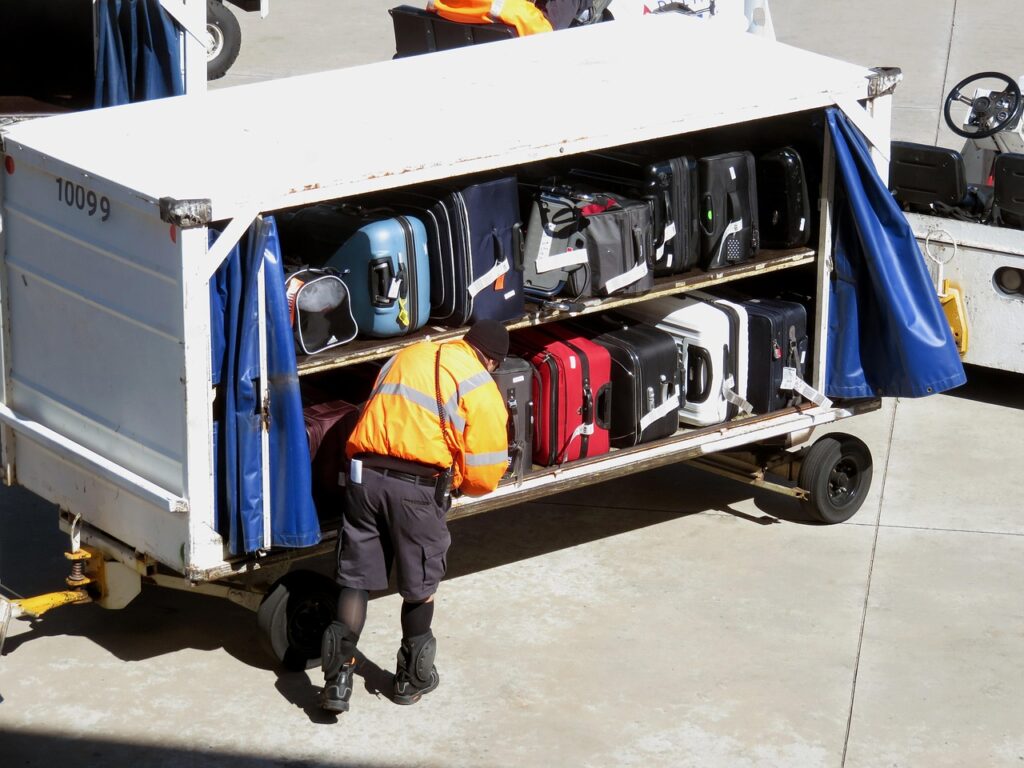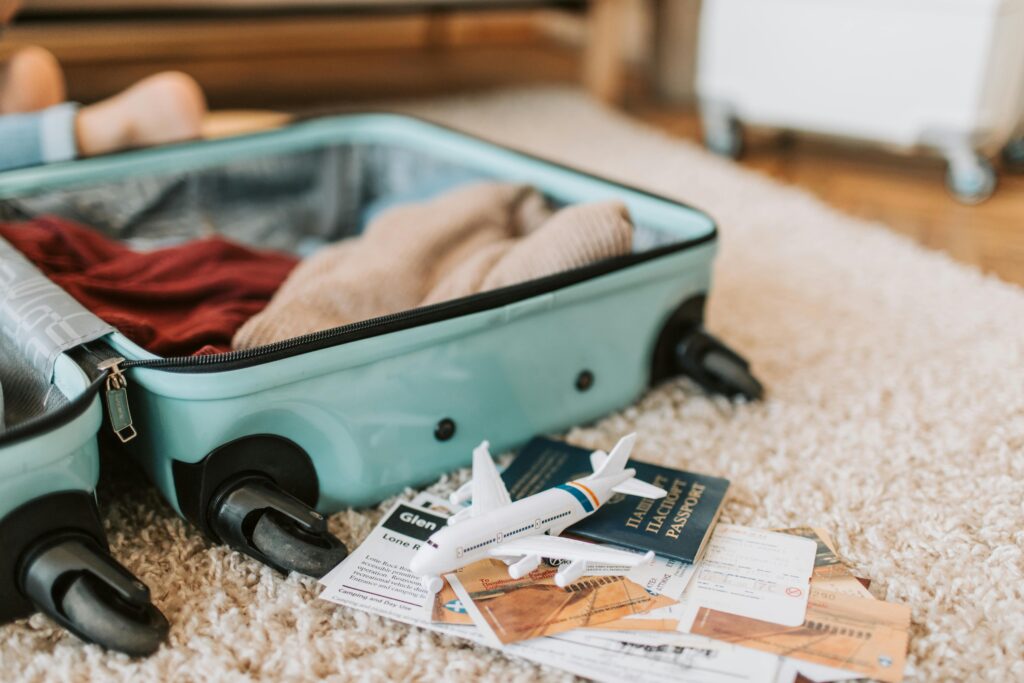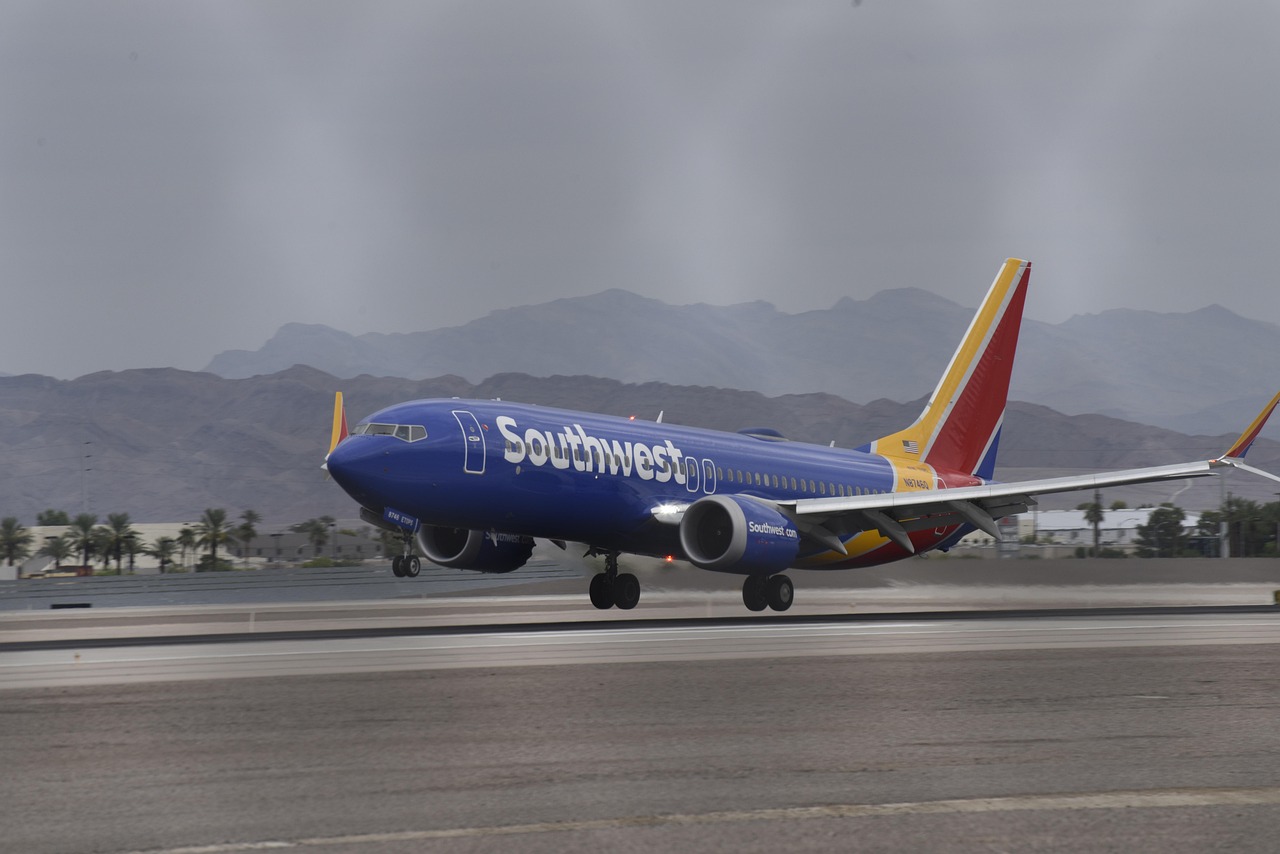In a significant shift from its long-standing reputation, Southwest Airlines has overhauled its baggage policy, signaling a new era for the airline industry. This move, driven by evolving market dynamics and rising operational costs, marks a departure from the carrier’s traditional “free baggage” model. Below, we delve into the details of the new policy, its broader industry context, and the anticipated impacts on travelers and the market.

A Historical Shift in Service Philosophy
For decades, Southwest Airlines distinguished itself by offering free checked baggage—a key selling point that resonated with millions of passengers. This perk not only differentiated the airline from its competitors but also reinforced its image as a customer-friendly, budget-conscious carrier. However, as operational expenses such as fuel costs, labor, and technology investments have surged, Southwest has found it necessary to reconsider its legacy model.
The New Checked Baggage Policy: Key Details
Effective from April 2025, Southwest Airlines will now implement a fee-based structure for checked luggage. The highlights of the new policy include:
- Fee Structure:
- The first checked bag will incur a fee of approximately $30, while the second bag will be charged around $40.
- Additional fees will apply for overweight or oversized luggage, ensuring that operational handling remains efficient and safe.
- Enhanced Baggage Tracking:
- In conjunction with the fee changes, Southwest is investing in state-of-the-art baggage tracking systems. This technology aims to reduce instances of lost or delayed luggage, providing passengers with real-time updates and a smoother travel experience.
- Streamlined Check-In Process:
- Upgrades to the online check-in system will allow passengers to prepay for baggage fees, making the airport experience more seamless and reducing wait times at counters.
Economic and Strategic Motivations
The decision to charge for checked baggage is not made in isolation—it reflects broader economic and strategic imperatives within the aviation industry:
- Rising Operational Costs:
- Increasing fuel prices and higher labor expenses have put pressure on airline profit margins. By introducing ancillary fees, Southwest can offset these rising costs without drastically increasing ticket prices.
- Boosting Ancillary Revenue:
- Like many carriers, Southwest has been exploring new revenue streams beyond ticket sales. Ancillary revenue, which includes fees for baggage, seat selection, and in-flight services, now plays a crucial role in maintaining the airline’s financial health.
- Competitive Pressures:
- Although many low-cost carriers still advertise free checked baggage, market trends indicate that even these airlines are beginning to experiment with fee structures. Southwest’s move, while controversial, is part of a broader industry shift toward more diversified revenue models.

Industry and Customer Reactions
The revised baggage policy has sparked varied reactions among industry experts and travelers:
- Industry Analysts:
- Experts view the change as a pragmatic response to current economic challenges. They note that while ancillary fees have become common among full-service airlines, Southwest’s decision is particularly notable given its historical stance.
- Traveler Sentiments:
- Longtime Southwest customers, accustomed to the free baggage perk, have expressed mixed feelings. While some understand the necessity of the change in the face of rising costs, others worry about the cumulative expense when traveling with family or on longer trips.
- Labor and Consumer Advocacy:
- Unions and consumer groups are closely monitoring the shift, urging the airline to maintain transparency regarding fee adjustments and to ensure that quality service remains a top priority.
Broader Implications for the Airline Industry
Southwest’s policy change is likely to have ripple effects throughout the industry:
- Market Benchmarking:
- As one of the nation’s most popular carriers, Southwest’s policy could influence competitors to reexamine their own baggage fee structures. This might lead to a more widespread acceptance of ancillary charges among low-cost airlines.
- Customer Loyalty and Brand Identity:
- Maintaining customer loyalty will be a challenge. The airline is expected to complement its fee-based model with enhanced customer service and technological upgrades to mitigate the negative perceptions that may arise from charging for baggage.
- Regulatory Oversight:
- With changes in fee structures, regulatory bodies may scrutinize the transparency and fairness of such policies. Ensuring clear communication regarding fees and consumer rights will be essential to avoid regulatory pushback.
Future Outlook
Looking ahead, Southwest Airlines is positioning itself to navigate the turbulent economic landscape by balancing cost management with enhanced customer experience. The new baggage fee policy is part of a broader strategy to improve operational efficiency, invest in new technology, and ultimately, sustain competitive pricing for flight tickets. Although the transition may be met with initial resistance, the airline hopes that improvements in service quality and baggage handling will help restore customer confidence over time.

Frequently Asked Questions (FAQs)
Q1: Why is Southwest Airlines now charging for checked baggage?
A1: The decision comes as part of a broader effort to manage rising operational costs, such as increased fuel prices and labor expenses, while boosting ancillary revenue to sustain competitive ticket pricing.
Q2: What will the new fee structure look like?
A2: As of April 2025, the first checked bag will cost about $30, and the second will be approximately $40. Additional fees will apply for overweight or oversized luggage.
Q3: How will this change affect the overall travel experience?
A3: In addition to fee adjustments, Southwest is implementing enhanced baggage tracking and a streamlined check-in process. These upgrades are designed to reduce lost luggage incidents and shorten wait times at the airport.
Q4: How does this policy compare with other airlines?
A4: While many low-cost carriers have historically offered free checked baggage, a growing number of airlines are shifting toward fee-based models to manage costs. Southwest’s move is reflective of a broader industry trend.
Q5: What should I do if I have concerns about the new fees?
A5: Customers are encouraged to check Southwest’s official website and contact customer service for detailed information on fees, policies, and any potential promotions or loyalty benefits that might offset costs.
The new baggage policy represents a pivotal moment in Southwest Airlines’ history, as it seeks to adapt to economic pressures while still aiming to deliver a quality travel experience. Travelers are advised to stay informed about policy updates and plan their trips accordingly, ensuring a smoother transition during this period of change.
Sources CNN


